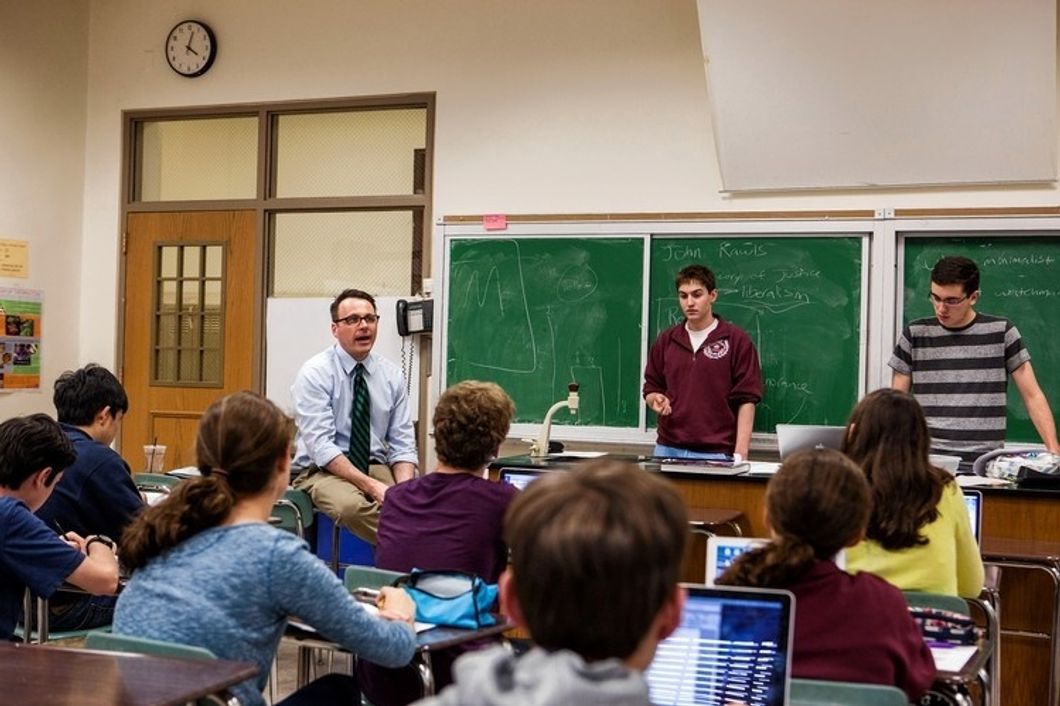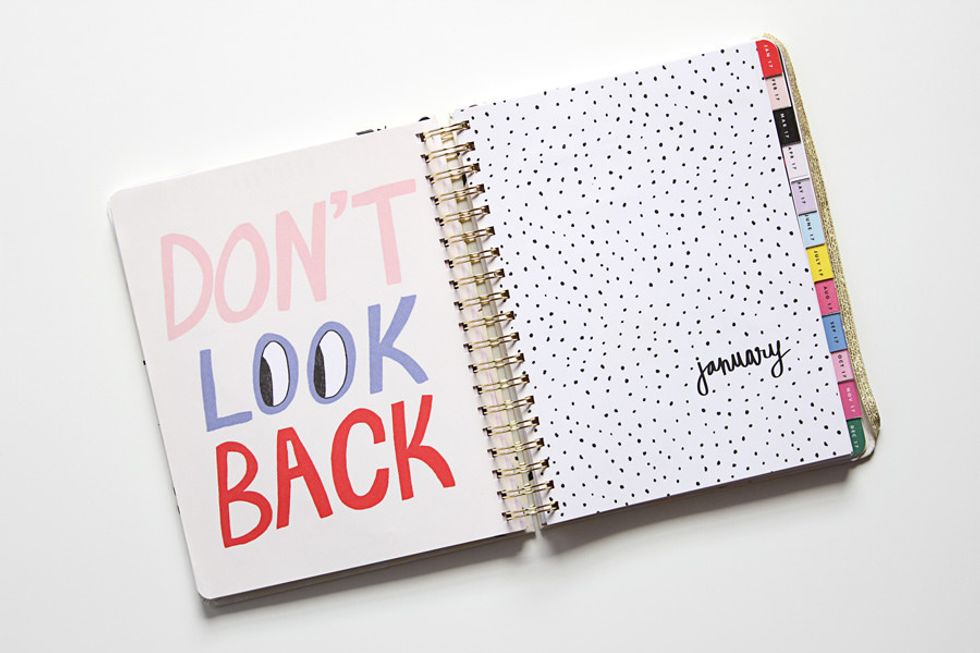Despite What Everyone Says, Too Much Preparation CAN Hurt You
My need to micro-analyze and plan everything significantly subsided. It was hard to swallow, but I accepted that things usually never go according to plan.
"Resolved: In a democracy, the right to know ought to be valued over the right to privacy for candidates."
This was the resolution topic for one of my debate tournaments. Reading through this topic analysis, I was immediately fascinated; I read about sexual assault disclosure and Christine Blasey Ford's moving testimony, and case studies of Mr. Eagleton, who received negative stigma criticism about his depression. I even did some research over the Netflix show "13 Reasons Why" to write a strong debate case for the season. Time flew during this intensive research process. I immersed myself in historic examples, philosophical ideals and political news over twenty open tabs.
For days without end, I fervently prepared for the tournament. In late hours of the night, I quietly rehearsed rebuttal redoes and pen drills in my bedroom and even held practice debates against my teammates over facetime. I was addicted to the rush of excitement when I found a piece of evidence that said exactly what I wanted for my arguments. My arguments will be unbeatable, I reassured myself. In my head, I envisioned myself passionately delivering arguments and seeing my opponent on the opposite end, already accepting defeat. After replaying this image countless times, I was deluded with overconfidence by the day of the tournament. I went in thinking that I could easily win. Winning would justify all the preparation I put in.
However, the tournament went far from expected. Round after round, my prelim record dropped from 0-1 to 0-2. Loss after loss, I pushed myself harder, barrelling through my rounds without any self-reflection. I ended prelims with a disappointing 1-4 record. Enviously, I watched other debaters who were less prepared than me advance to the elimination rounds. By the end of the tournament, I was disgusted with my results and confused as to how I could improve. If I already tried my absolute best and still didn't succeed, what could I possibly do next?
Not knowing what to do, I took a few weeks off of debate to clear my mind. Now, reflecting back, I realized my mistake. While preparation guided me, it also hurt me. In rounds, I relied on all of my pre-cut evidence instead of thinking on my feet; whenever someone read a new argument I didn't hear before, I would freeze and not know how to respond. I realized I needed to be more adaptable: no matter how much I prepare, even if I read every single topic analysis or JSTOR article on the internet, there will always be arguments I've never heard of, things I don't know how to respond to, and reasonings I will never understand. This realization completely changed my perspective: instead of cutting evidence, I spent more time generating new arguments on the spot.
Even in my daily life, I found myself worrying less. My need to micro-analyze and plan everything significantly subsided. It was hard to swallow, but I accepted that things usually never go according to plan. Opinions change, friends come and go, weather predictions lie, priorities change. Instead, I simply enjoyed the present. I just needed to accept what comes my way, make the best of it, and have some fun.


























